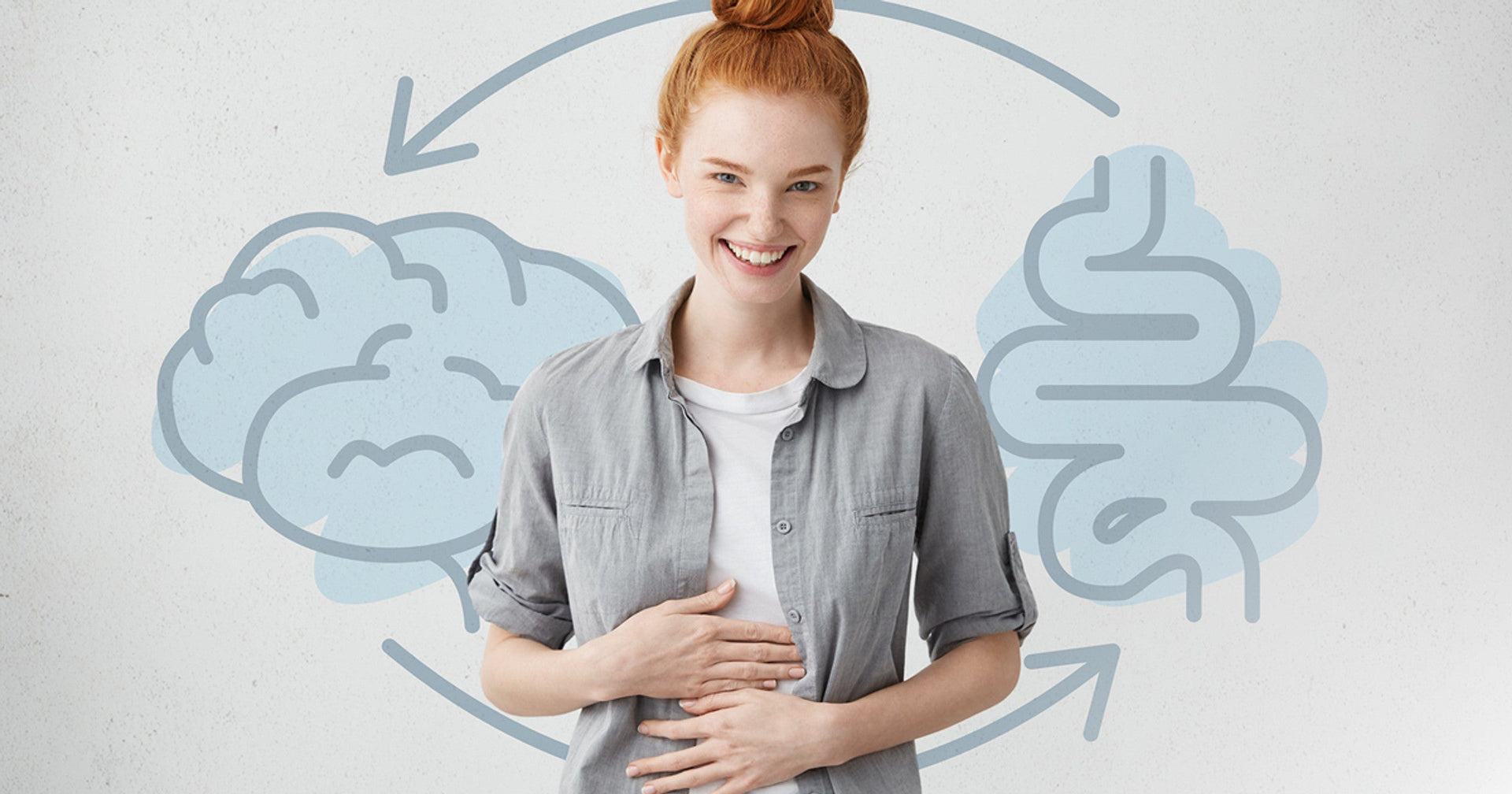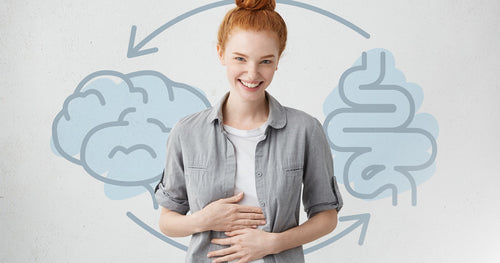
Most of us have felt “butterflies in our stomach” when we were stressed, nervous, or upset. How about the phrase “follow your GUT instinct?" These are just a couple of expressions we use in reference to the gut-brain connection. It's very real, and we need to heed the warning signals that our “second brain” sends us because our brain and gastrointestinal (GI) system are intimately connected through nerves, neurotransmitters, and gut microbiome.
How Our Gut and Brain Are Connected
One of the leading ways our two brains connect is through the ENS (enteric nervous system)-CNS (central nervous system) connection. “The ENS is two thin layers of more than 100 million nerve cells lining your gastrointestinal tract from esophagus to rectum,” said Jay Pasricha, MD, the director of the Johns Hopkins Center for Neurogastroenterology. His research on the ENS has garnered international attention.
He states that, “Its main role is controlling digestion, from swallowing to the release of enzymes that break down food to the control of blood flow that helps with nutrient absorption to elimination.” Pasricha goes on to say, “For decades, researchers and doctors thought that anxiety and depression contributed to irritable bowel syndrome (IBS), constipation, diarrhea, bloating, pain, and upset stomach, but our studies and others show that it may also be the other way around.” Many findings show evidence that “irritation in the gastrointestinal system may send signals to the central nervous system (CNS) that trigger mood changes.” So, it’s a two-way street – our GI health affects our mood, and our mood affects our GI system.
Another gut-brain connection is through our GI’s microbiome. Our gut flora balance plays a major role with the gut-brain connection, pertaining to mood and immunity. The gut contains “trillions of microorganisms collectively referred to as the gut microbiota, and this profoundly influences the entire immune system. Our GI flora also plays a major role in making neurotransmitters, like serotonin, which is our “feel good" hormone. Did you know 95% of serotonin used by our brain is produced in the gut?
Stress, certain foods, and specific medications are just a few factors that can disrupt the homeostasis of our microbiome. When we are stressed, cortisol rises, and cortisol affects factors like insulin, digestion, inhibits white blood cells, and suppresses the immune system. Due to constant stressors, the body also continuously cycles through high inflammation, which can damage the integrity of the gut lining, and along with a suppressed immune system leaves our gut vulnerable to overgrowth of harmful pathogens. A shortage of beneficial bacteria and an excess of harmful bacteria can cause one to experience more emotional stress, which can become a vicious cycle, as serotonin production slows down when battling overgrowth of gut pathogens.
Now more than ever we are truly understanding links between digestion, food, mood, immunity, and overall health. Within the walls and lumen of our digestive system, lies the secret to the “brain in our gut,” and we see how GI nerves, specific neurotransmitters, and the gut microbiome are closely tied together with our brain. When gut health suffers so does the rest of our body, and newer research is seeing how not only our mood affect our GI system, but also how our GI system affects our mood.





